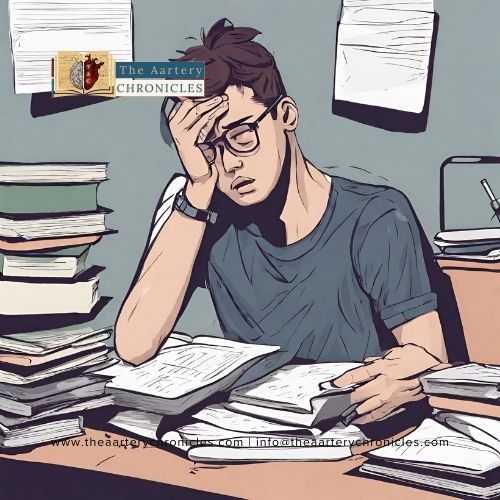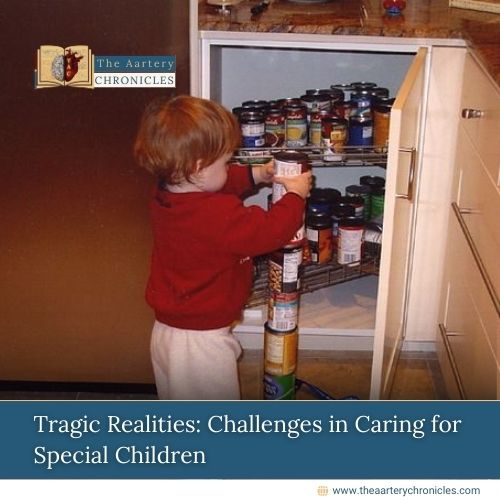

The #1 Reason You Can’t Sleep and How to Fix It
Insomnia is becoming a widespread issue, affecting millions of people worldwide. According to a 2024 survey by the American Academy of Sleep Medicine, 12% of Americans have been diagnosed with chronic insomnia. Modern lifestyles, demanding jobs, and daily stress contribute to sleep issues, but recent research has highlighted a major cause that often goes unnoticed.
How the Study Was Conducted
Assistant professor Damir Torrico led the study, testing 15 different brownie recipes. These recipes ranged from traditional ingredient combinations to more experimental ones, including mealworm powder and fish oil. Instead of using human testers, Torrico fed the recipes into ChatGPT and asked the AI to describe the sensory characteristics of each brownie.
The AI-generated descriptions were then analyzed to determine whether they were positive, negative, or neutral. This method allowed researchers to evaluate multiple product prototypes efficiently, without relying on time-consuming human sensory panels.
A Surprising Culprit: Screen Time Before Bed
A new study conducted by the Norwegian Institute of Public Health, published in Frontiers in Psychiatry, reveals that using screens before bedtime increases the risk of insomnia by 59%. The study examined 45,202 young adults in Norway and found that screen use in bed significantly reduces sleep quality and duration. On average, those who used screens before bed lost 24 minutes of sleep each night.
The Effect of Screen Use on Sleep
Researchers found that the type of screen activity—whether social media, watching videos, gaming, or studying—did not make a significant difference. Instead, the total time spent on screens before sleeping was the key factor affecting sleep quality. The study suggests that screen use disrupts sleep primarily due to “time displacement,” meaning that the time spent on screens replaces valuable rest time.
Study Insights on Sleep Patterns
The research analyzed data from students aged 18 to 28 who were in full-time education. Participants were grouped into three categories: those who primarily used social media, those who engaged in multiple screen activities, and those who avoided social media but still used screens. The results showed that all screen users experienced sleep disruptions, regardless of the type of activity.
An interesting finding was that every additional hour of screen time after bedtime increased the likelihood of experiencing insomnia symptoms by 59% while also reducing sleep duration by 24 minutes. The researchers emphasized that screens primarily impact sleep by reducing rest time rather than increasing wakefulness.
Recommendations for Better Sleep
For those struggling with sleep, reducing screen time before bed is a practical solution. The study’s lead author, Dr. Gunnhild Johnsen Hjetland, suggests stopping screen use at least 30 to 60 minutes before sleep. If avoiding screens is not possible, disabling notifications can help minimize sleep disruptions.
Study Limitations
While the study provides strong evidence linking screen use to insomnia, it does not establish a direct cause-and-effect relationship. It is unclear whether screen use leads to insomnia or if individuals with insomnia are more likely to use screens. Additionally, the study did not include physiological assessments, which could offer deeper insights into sleep patterns.
Conclusion
Sleep is essential for overall health, and poor sleep can have serious consequences for mental well-being, academic performance, and daily productivity. Given the widespread use of screens, awareness about their impact on sleep is crucial. Reducing screen time before bed can be a simple yet effective step toward improving sleep quality and overall health.
Source: Inputs from various media Sources

Priya Bairagi
Reviewed by Dr Aarti Nehra (MBBS, MMST)
I’m a pharmacist with a strong background in health sciences. I hold a BSc from Delhi University and a pharmacy degree from PDM University. I write articles and daily health news while interviewing doctors to bring you the latest insights. In my free time, you’ll find me at the gym or lost in a sci-fi novel.








